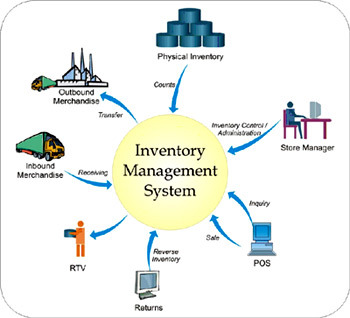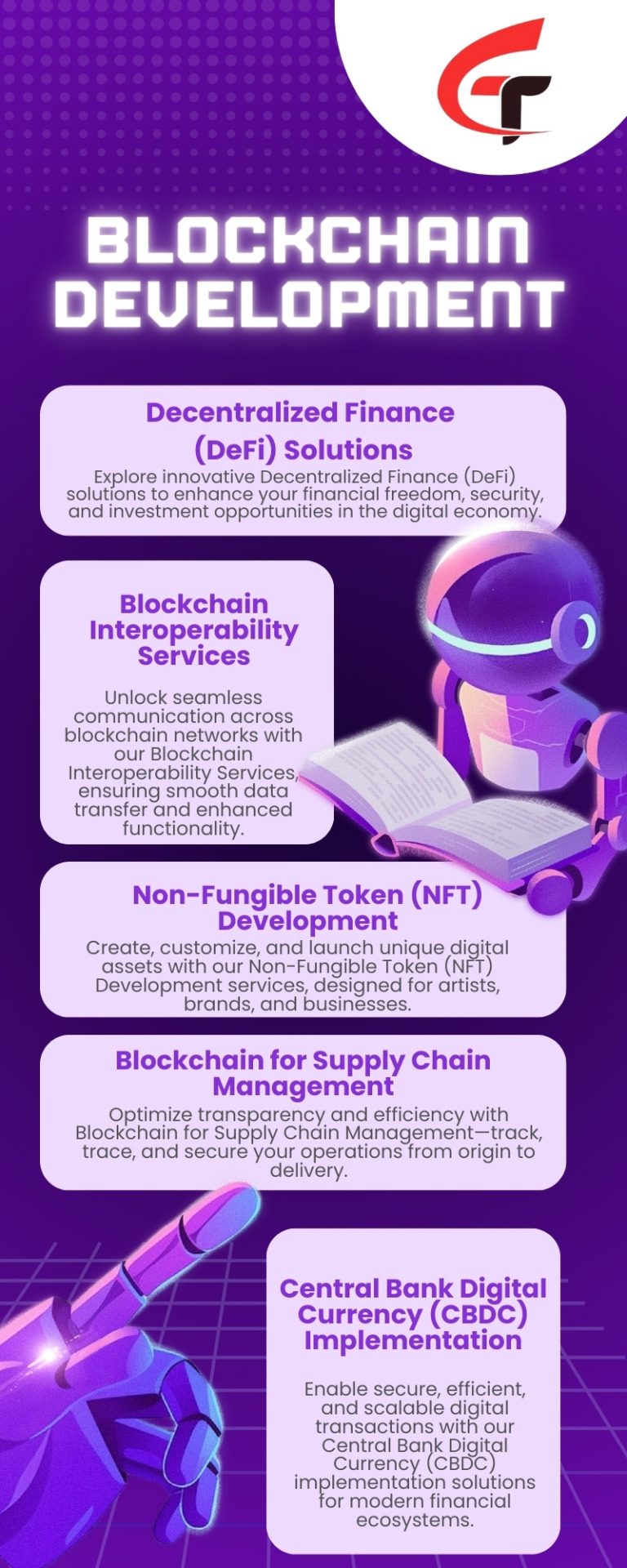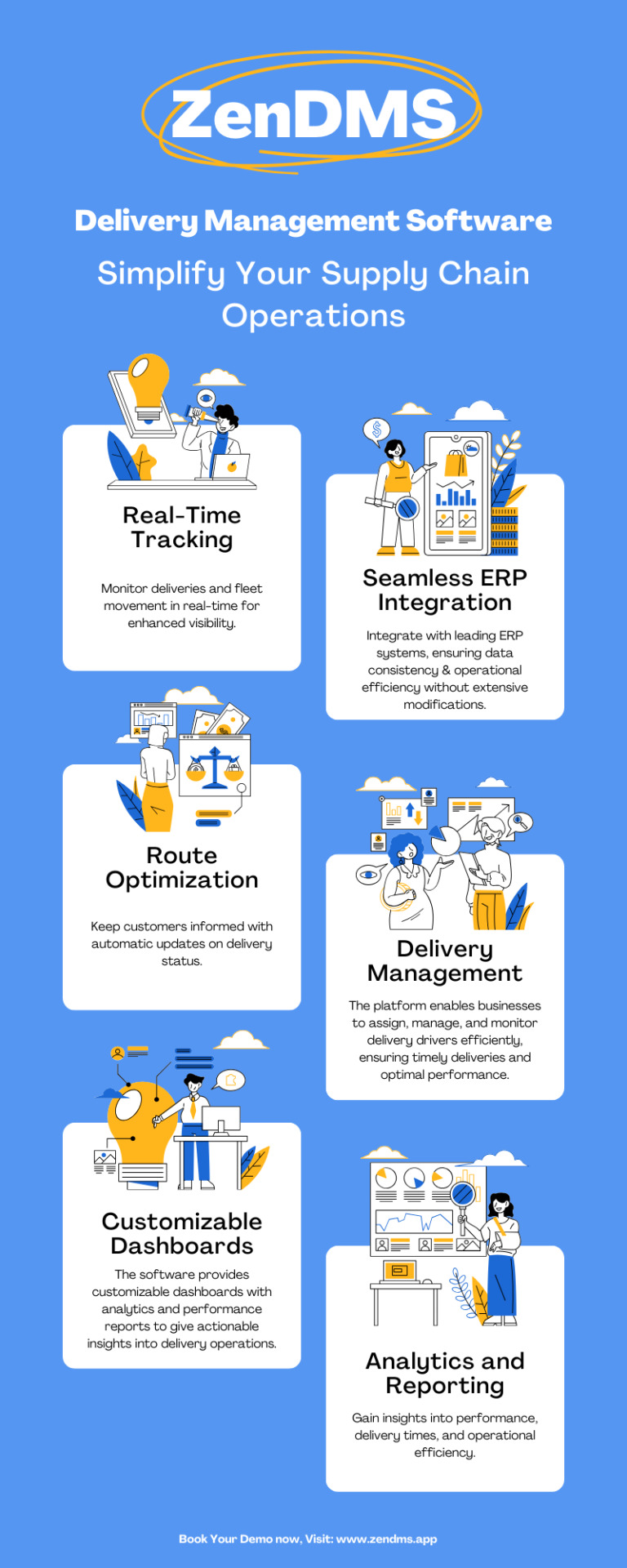#supply chain management companies
Explore tagged Tumblr posts
Text
Discover how leading supply chain management companies enhance efficiency, reduce costs, and streamline logistics to boost your business performance and adaptability. Visit the website.
0 notes
Text
0 notes
Text
Elevate Efficiency with Top-tier ERP Software for Engineering Companies in Mumbai, India
Unlock unparalleled efficiency for your engineering company with ShantiTechnology's (STERP) advanced ERP software solutions. Tailored specifically for engineering companies in Mumbai, India, our ERP solutions redefine operational excellence. As one of the leading ERP solution providers in India, we bring you state-of-the-art technology to streamline processes, enhance collaboration, and boost productivity.
Experience the next level of business management with ShantiTechnology (STERP) – your trusted partner for cutting-edge ERP software tailored for engineering companies in India and specifically optimized for those in Mumbai.
#ERP software for engineering company#ERP software for engineering companies in India#ERP software for engineering companies in Mumbai#ERP solution providers in India#ERP software#ERP system#cloud ERP#ERP solutions#ERP India#Business Solutions#SAP Business One#Supply Chain Management
8 notes
·
View notes
Text

🚘 Many of you know me as a project manager in the field of transportation and logistics. Today, I’m excited to share that I’ve expanded my expertise to include Automotive Engineering.
🎓 I’m thrilled to announce that I’ve completed my studies and earned a certificate in “Automotive Industrial Engineering” from Starweaver on Coursera! Huge thanks to Lluís Foreman his invaluable guidance and support throughout this journey.
#companies#technology#brands#engineering#cars#tech#innovation#old cars#business and industry sectors#history#automotive#british automotive#learning#continuous improvement#continious learning#certification#certified#industry#automobile#plants#production#supply chain management#management#logistics#innovation car#innovative#design#car#automotive history#coursera
5 notes
·
View notes
Text
My toxic trait is I think everyone should take some basic 101 business and law classes just so they know what complaints they can actually blame on customer service workers (not a lot)
#'why can't your company ship next day to me like Amazon?!' ma'am i took a whole class on why only Amazon can do that#it's called 'supply chain management' and Amazon is the only company that has warehouses literally everywhere for that purpose#and i would tell you that but you'd only get more mad at me for doing so#i don't even work in customer service anymore but I'm helping them out for overtime pay rn and woo boy. i remember why i left
5 notes
·
View notes
Photo

Managing Inventory for Logistic: Strategies for Effective Supply Chain Management
Introduction
Good inventory management is vital for logistic firms to guarantee on-time and efficient supply chain management. This entails the careful monitoring, control, and optimization of stock levels to decrease expenses while fulfilling customer needs. The Best Logistic Company in India in this blog, discuss some techniques for successful inventory management that logistics companies can use to bolster their supply chain management.
Important techniques
1. Adopt a Just-in-Time (JIT) approach:
A Just-in-Time (JIT) method involves ordering products right when they are needed to meet customer orders, thereby eliminating the need for excessive stockpiling. This way, companies can minimize their inventory while still meeting consumer demands, thus cutting down on inventory carrying costs and freeing up space.
2. Use Forecasting Techniques:
Logistics companies can use forecasting techniques to predict customer demand and adjust inventory levels accordingly. This approach ensures that inventory levels are optimized to meet customer demand, reducing the risk of stockouts or excess inventory.
3. Utilize Technology:
Technology can help logistics companies manage their inventory more efficiently. Inventory management software can track inventory levels, forecast demand, and automate the reordering process.
4. Implement an ABC Analysis:
An ABC analysis categorizes inventory into three categories based on it’s value and usage.
Class A inventory is high-value and fast-moving,
Class B inventory is medium-value and medium-moving,
Class C inventory is low-value and slow-moving.
By categorizing inventory, logistics companies can prioritize inventory management efforts and allocate resources more effectively.
5. Adopt a Continuous Improvement Approach:
Continuous improvement involves constantly monitoring and optimizing inventory management processes. Logistics companies can use data analytics to track inventory performance, identify inefficiencies, and make data-driven decisions to improve inventory management.
Logistic companies can benefit greatly from implementing effective inventory management strategies. By adopting a JIT approach, using forecasting techniques, utilizing technology, implementing an ABC analysis, and adopting a continuous improvement approach, logistics companies can improve their supply chain management and provide better service to their customers.
#Inventory Management Strategies For Logistic And Supply Chain#Effective Inventory Control Methods For Supply Chain Management#3pl in India#Top logistic company in India#Best logistic company in India#3pl service provider
4 notes
·
View notes
Text
Optimizing Logistics in the UAE with Cutting-Edge Software
The UAE, a global hub for trade and commerce, relies heavily on efficient logistics operations. To streamline their businesses, logistics companies in the UAE are increasingly turning to logistics software. This sophisticated technology encompasses a wide range of solutions, including freight forwarding software UAE, freight management software UAE, transportation management software UAE, and shipping logistics software UAE.
Key Benefits of Logistics Software in the UAE:
Enhanced Efficiency: Automating tasks like freight booking, rate negotiations, tracking, and invoicing significantly improves operational efficiency for freight forwarders, NVOCC companies, and 3PL providers.
Improved Visibility: Gain real-time visibility into the entire supply chain, from order placement to delivery, enabling proactive issue resolution and better customer service.
Reduced Costs: Optimize routes, minimize empty miles, and negotiate better rates with carriers through features like carrier management software and route optimization tools.
Data-Driven Decisions: Leverage data analytics to identify bottlenecks, forecast demand, and make informed decisions regarding inventory management, warehouse transportation, and international logistics.
Increased Customer Satisfaction: Provide customers with accurate ETAs, real-time shipment tracking, and transparent communication, leading to higher customer satisfaction.
Types of Logistics Software in the UAE:
Freight Forwarding ERP Software UAE: Integrated solutions that manage all aspects of freight forwarding, including air freight, sea freight (ocean freight), lcl shipping, and freight transport.
Transportation Management Systems (TMS) UAE: Software that optimizes transportation operations, including route planning, dispatch, and fleet management.
Logistics ERP Software UAE: Comprehensive solutions that integrate with various systems across the supply chain, including ERP, CRM, and WMS.
Leading Players in the UAE Logistics Software Market:
The UAE market is witnessing a growing presence of global and local logistics software companies. Some of the leading players include [mention specific companies with a presence in the UAE].
Conclusion:
Logistics software is playing a crucial role in driving efficiency and innovation within the transport and logistics industry in the UAE. By embracing these cutting-edge solutions, businesses can gain a competitive edge, improve profitability, and enhance their overall customer experience.
Disclaimer: This article is for informational purposes only and does not constitute financial or investment advice.
#logistics companies uae#freight and forwarding uae#transport and logistics uae#air freight uae#airport freight uae#business logistics uae#freight transport uae#ocean freight uae#shipping and logistics uae#freight brokering uae#freight ocean uae#lcl shipping uae#sea freight uae#transportation management uae#transport logistics uae#air shipping uae#freight forwarding service uae#transport management systems uae#shipping logistics companies uae#global transports uae#transport and logistics companies uae#warehouse transportation uae#transportation logistics companies uae#logistics software uae#transportation software uae#shipping logistics uae#supply chain operator uae#transport and logistics services uae#carrier shipper uae#transport service logistics uae
0 notes
Text
The Suyash Group Reliable Warehousing Services in Maharashtra.
Explore top supply chain management companies in Pune, offering efficient logistics, inventory, and distribution solutions to streamline your business operations. Suyash Group: Your trusted partner for carrying, forwarding, & amp; warehousing services in India. Efficient logistics solutions tailored to meet your business needs.

#supply chain management companies in pune#warehousing management services in pune#best logistics company in pune#logistic company in india
0 notes
Text
Sustainable Supply Chain Management Services Ft. AWL India
Transform your business with AWL India's sustainable supply chain management services. Reduce costs, minimize environmental impact, and enhance social responsibility with expert solutions in design, logistics, and sustainability consulting.
0 notes
Text

This blog will explore the top 10 supply chain management companies for logistics that are leading the logistics industry, setting new standards through their technological innovations, and sustainable practices, using technology such as Generative AI and advanced digital solutions, to optimize logistics and customer-centric strategies.
#top 10 supply chain management companies for logistics#supply chain management companies for logistics
0 notes
Text
Discover the best supply chain management companies to enhance efficiency and optimize logistics. Explore expert solutions for seamless operations and superior performance. For more details visit the website.
0 notes
Text
Decentralized Finance (DeFi) Solutions
Decentralized Finance are revolutionizing the financial landscape by eliminating intermediaries and empowering users with greater control over their assets. Our DeFi services enable secure, transparent, and efficient financial operations through blockchain technology.
From lending and borrowing platforms to decentralized exchanges and yield farming, we help businesses and individuals unlock the potential of DeFi. Our solutions include smart contract development, liquidity provisioning, token creation, and integration with leading blockchain networks. Whether you're a startup or an established enterprise, our tailored Decentralized Finance (DeFi) Solutions are designed to enhance financial inclusion, reduce costs, and provide innovative investment opportunities in the digital economy.

#Decentralized Finance Solutions#DeFi Solutions#Blockchain Interoperability Services#Non-Fungible Token Development#NFT Development#Blockchain for Supply Chain Management#Central Bank Digital Currency Implementation#CBDC Implementation#Blockchain-Based Voting Systems#Smart Contract Development#Blockchain in Healthcare Data Security#Blockchain for Real Estate Tokenization#Blockchain-Powered Identity Management#prototype development company
0 notes
Text
How Manufacturers Can Manage Growth with ERP
Introduction:
In the dynamic landscape of manufacturing, where growth is the ultimate goal, the ability to adapt and streamline operations is paramount. Enter ERP (Enterprise Resource Planning), a powerful solution that has revolutionized the way manufacturers operate. In this blog, we'll explore the significant role of ERP software for manufacturing industry and how it serves as a catalyst for sustainable growth. Whether you're in traditional manufacturing or a software development company, ERP solutions are key to optimizing processes and managing growth effectively.

Understanding the Essence of ERP Software for Manufacturing:
1. Efficiency Unleashed:
ERP system for manufacturing industry is designed to enhance operational efficiency by integrating various business processes. From order management and procurement to production planning and inventory control, ERP systems bring together disparate functions into a unified platform, eliminating silos and enhancing overall efficiency.
2. Real-time Insights:
One of the key advantages of ERP solutions is the ability to provide real-time insights into business operations. Manufacturers can make informed decisions based on up-to-date information, helping them respond swiftly to market changes, manage resources effectively, and capitalize on growth opportunities.
3. Scalability Matters:
As a manufacturer, scalability is a constant consideration. Whether you're a growing traditional manufacturing unit or a software development company expanding its operations, ERP systems offer scalability to accommodate changing needs. The modular nature of ERP solutions allows businesses to add or modify functionalities as they evolve.
4. Improved Collaboration:
Collaboration is the bedrock of successful manufacturing. ERP fosters better communication and collaboration by providing a centralized platform where employees across different departments can access and share information seamlessly. This not only enhances teamwork but also accelerates decision-making processes.
ERP Software for Manufacturing Industry: Tailoring Solutions for Success
1. Production Planning and Scheduling:
In the manufacturing realm, effective production planning and scheduling are crucial for meeting customer demands and maintaining optimal inventory levels. ERP systems facilitate streamlined production processes, enabling manufacturers to create realistic production schedules, allocate resources efficiently, and minimize downtime.
2. Supply Chain Management:
A well-integrated supply chain is essential for manufacturers. ERP solution for the manufacturing industry ensures smooth coordination between suppliers, manufacturers, and distributors. This results in better inventory management, reduced lead times, and ultimately, improved customer satisfaction.
3. Quality Control:
Maintaining consistent product quality is non-negotiable in manufacturing. ERP solutions provide tools for comprehensive quality control by enabling real-time monitoring of production processes, tracking defects, and ensuring adherence to quality standards. This not only boosts customer confidence but also reduces wastage and rework costs.
4. Financial Management:
The financial aspect is the backbone of any business. ERP systems for manufacturing offer robust financial management capabilities, including invoicing, expense tracking, and financial reporting. This level of financial control is invaluable for manufacturers looking to manage growth effectively and make strategic financial decisions.
ERP for Software Development Company: Tailoring Solutions to Tech
1. Project Management:
For software development companies, managing projects efficiently is critical. ERP solutions designed for the software development industry offer project management modules that help track project timelines, allocate resources effectively, and ensure that development projects stay on course.
2. Resource Planning:
In the software development realm, talent is a primary resource. ERP systems tailored for software companies facilitate resource planning by providing insights into employee availability, skills, and project commitments. This ensures optimal resource allocation for project success.
3. Version Control and Collaboration:
Version control and collaboration are key aspects of software development. ERP solutions for software companies include features that enable version control, code collaboration, and documentation management. This ensures that development teams work cohesively, leading to efficient project outcomes.
4. Compliance and Security:
In the software development industry, compliance and security are paramount. ERP systems for software companies often include modules that help manage compliance with industry standards and ensure data security. This is especially crucial in an era where data protection is a top priority.
Conclusion:
As manufacturers navigate the complexities of growth, ERP software emerges as an indispensable tool for success. Whether you're in traditional manufacturing or a software development company, the benefits of ERP systems are far-reaching. From enhancing operational efficiency and providing real-time insights to tailoring solutions for specific industry needs, ERP is the key to managing growth effectively. Embrace the power of ERP, and propel your manufacturing operations into a future of streamlined processes, informed decision-making, and sustained success.
#Go-To-Market#GTM#Supply-Chain-Management#Technology#India#ERP-India#ERP#Business-Solutions#Manufacturer#Engineering#Inventory-Management#ERP Software for Manufacturing Industry#ERP System for Manufacturing Industry#ERP for Software Development Company#ERP Solutions for Manufacturing
7 notes
·
View notes
Text
Navigate Your Future with a Diploma in Shipping and Logistics
The global trade industry is booming, and the demand for skilled professionals has never been greater. Transorze Solutions provides an all-encompassing Diploma in Shipping and Logistics, preparing you to tackle all of these important aspects in supply chain management, warehouse operations, freight management, and customs regulations.
With hands-on training and real-world applications, this program prepares you to take on the challenges of the shipping and logistics industry. Whether you are looking to work with shipping companies, logistics firms, or in global trade organizations, this diploma opens doors to exciting career opportunities.
The Diploma in Shipping and Logistics offered by Transorze Solutions equips students with industry relevant knowledge and enhances your credibility by issuing a certificate. Step into the dynamic world of logistics, where goods cross borders, in perfect motion.
#Diploma in Shipping and Logistics#supply chain management#warehouse operations#freight management#customs regulations#logistics firms#shipping companies#global trade organizations#Transorze Solutions
0 notes
Text

Advanced Delivery Management Software - ZenDMS
ZenDMS is a cutting-edge delivery management software designed to optimize and automate the entire delivery process. From order placement to last-mile delivery, ZenDMS simplifies logistics, ensuring accuracy, efficiency, and real-time transparency for businesses and their customers. Visit:www.zendms.app
#Top Supply Chain Software Providers#Leading Supply Chain Management Solutions#Best Logistics Software Companies#Top SCM Software Providers#Best Supply Chain Management Platforms#Leading Logistics and SCM Software#Top Supply Chain Technology Solutions#Best Supply Chain Optimization Software#Top Logistics Management Software Providers#Best Tools for Supply Chain Management#Top Supply Chain Analytics Platforms#Best Software for Supply Chain Efficiency#Top Inventory Management Software Providers#Best Vendors for Supply Chain Solutions
0 notes
Text
Why Choose Inwizards for Optimizing Inventory Management in Your Supply Chain?
Struggling to streamline inventory management in your supply chain?

Choose Inwizards for efficient, tech-driven solutions! Our expert team leverages cutting-edge tools like IoT, AI, and analytics to optimize inventory, reduce waste, and improve demand forecasting. With a tailored approach, we ensure real-time tracking and seamless integration with your systems. Boost your supply chain efficiency and gain a competitive edge with Inwizards. Let’s transform your operations today!
#inwizards software technology#software development service#Software development Company#Software Development Agency#Custom Software#inventory management#supply chain management#software developers#Software Development
0 notes